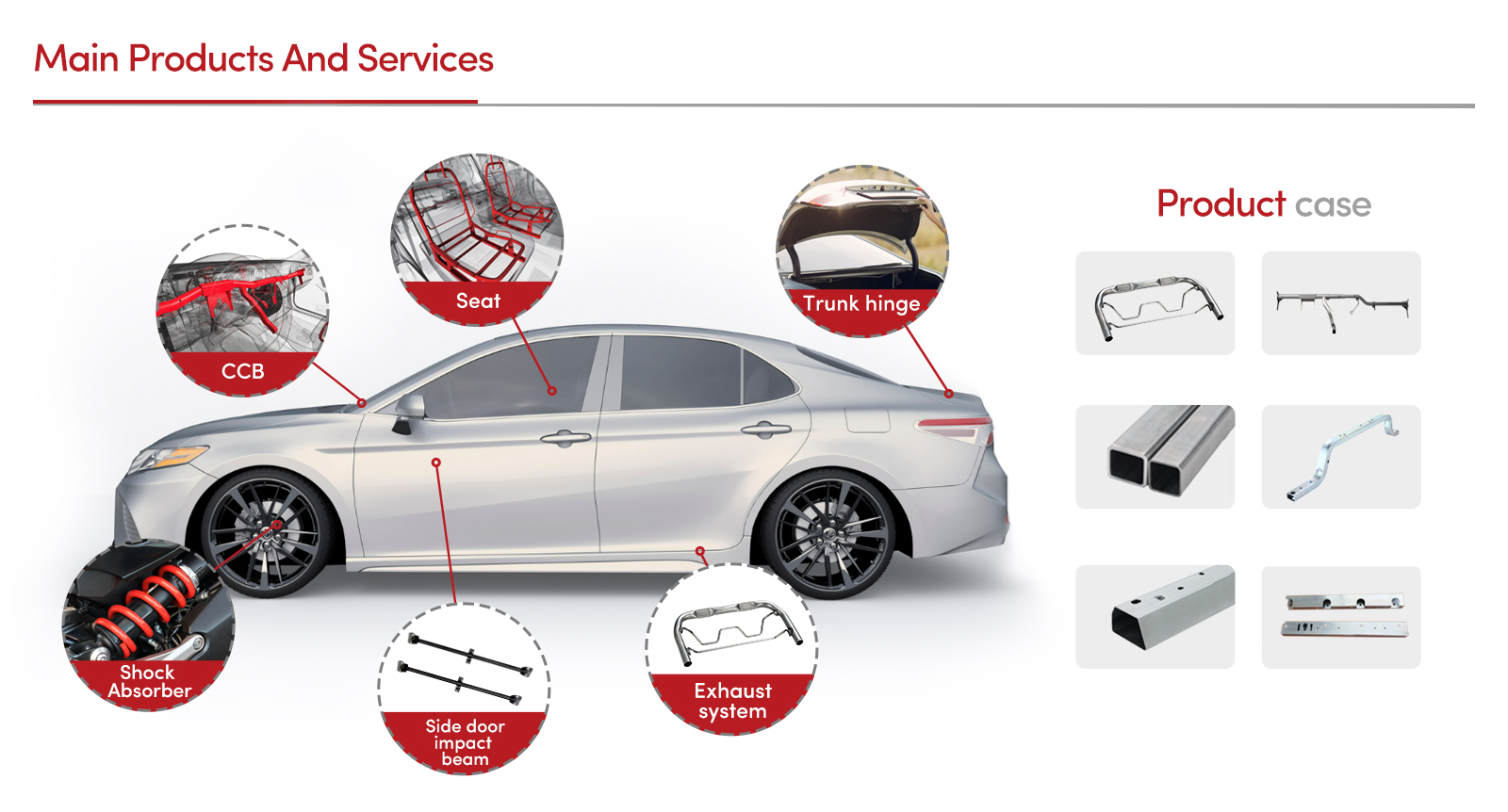
Understanding Cold Formed Pipes Benefits and Applications
Cold formed pipes are an integral part of many industries today, known for their superior strength, precision, and versatility. Manufacturing processes for these pipes involve shaping metal at room temperature, which imparts unique properties that are not found in traditionally manufactured pipes. This article will explore the characteristics, benefits, and various applications of cold formed pipes.
What are Cold Formed Pipes?
Cold forming is a manufacturing process where metal is shaped at temperatures below its recrystallization point. This process includes bending, rolling, and stamping operations that enhance the mechanical properties of the material. Cold formed pipes are typically made from materials like steel and are often used in structural applications where strength and durability are paramount.
Key Benefits of Cold Formed Pipes
1. Enhanced Strength One of the primary advantages of cold formed pipes is their increased yield strength. The cold working process introduces work hardening, which improves the material's strength. This makes cold formed pipes suitable for applications requiring high load-bearing capabilities.
2. Precision and Tolerance Cold forming allows for tighter tolerances compared to hot forming. This is particularly beneficial in applications where the pipes need to fit precisely with other components. The accuracy achieved can also reduce the need for extensive machining afterwards.
3. Cost Efficiency While the initial investment in equipment for cold forming can be higher, the long-term savings can be significant. With cold formed pipes, manufacturers can achieve less waste and reduced material costs due to the efficiency of the process.

4. Variety of Sizes and Shapes Cold forming techniques can produce a variety of shapes, including round, square, and rectangular pipes. This versatility makes it easier to find the right pipe for specific applications, whether in construction, HVAC systems, or automotive parts.
5. Corrosion Resistance Many cold formed pipes are coated with corrosion-resistant materials, which extend their lifespan and reduce maintenance costs. This is a crucial benefit in environments exposed to moisture or corrosive substances.
Applications of Cold Formed Pipes
Cold formed pipes are utilized across a wide range of industries due to their durability and versatility. They are commonly used in construction for structural frameworks, where their strength is essential. In the automotive industry, they are used for exhaust systems and chassis components, contributing to the overall safety and efficiency of vehicles.
Moreover, cold formed pipes find extensive applications in the energy sector, where they are employed in pipelines for oil, gas, and water transportation. Their ability to withstand high-pressure conditions makes them ideal for these critical operations.
The HVAC industry also relies on cold formed pipes for ductwork and other systems, where their precise dimensions facilitate efficient air flow and temperature control.
Conclusion
Cold formed pipes represent a significant advancement in material engineering, offering various benefits that cater to numerous industries. With their enhanced strength, precision, and cost-effectiveness, they are likely to remain a popular choice in future manufacturing processes. As technology continues to evolve, we can expect further innovations in the production and application of cold formed pipes, meeting the demands of modern engineering challenges.